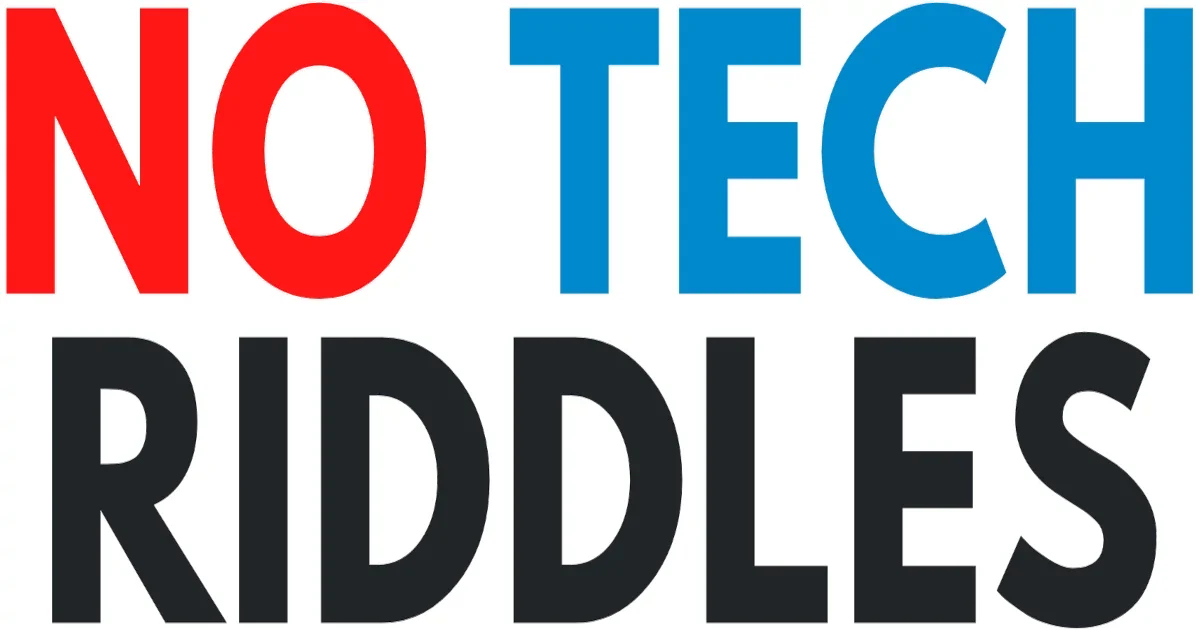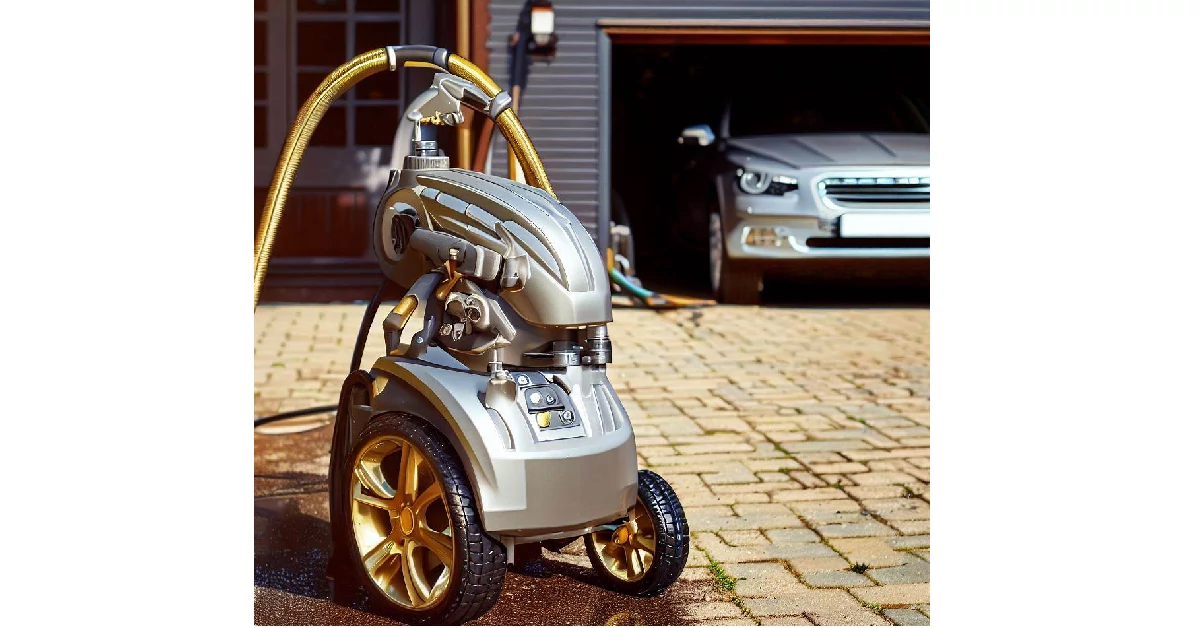Are you tired of scrubbing away at stubborn dirt and grime on your patio, deck, or siding?
Or maybe you’re a professional cleaner looking for the best pressure washer to tackle tough jobs?
Whatever your situation, pressure washers can be a game-changer when it comes to cleaning.
But with so many options on the market, how do you know which one is right for you?
In this blog post, we’ll break down the best pressure washers for home use, concrete cleaning, patio and deck cleaning, house and siding cleaning, and professional use.
Say goodbye to tedious cleaning and hello to a sparkling clean space with the help of our buying guide.
Let’s dive in!
Case 1: Home Use
Problem 1: Low Pressure
One of the biggest problems people face with pressure washers is low pressure. If you’re not getting enough pressure, you won’t be able to clean effectively. This can be frustrating, especially if you’ve spent a lot of money on a pressure washer that doesn’t work as expected.
Problem 2: Hose Length
Another problem is hose length. If the hose is too short, you’ll have to move the pressure washer around a lot, which can be tiring and time-consuming. On the other hand, if the hose is too long, it can be difficult to maneuver and store.
Problem 3: Noise
Pressure washers can be loud, which can be a problem if you have close neighbors or live in a quiet neighborhood. You don’t want to be that person who disturbs the peace every time you clean your patio.
So, what should you look for when buying a pressure washer for home use?
Tip 1: PSI and GPM
The first thing you should consider is the PSI (pounds per square inch) and GPM (gallons per minute). These are the two main factors that determine how powerful the pressure washer is. For home use, you don’t need an industrial-grade pressure washer. A pressure washer with a PSI of 1500-2000 and a GPM of 1.4-1.6 should be sufficient for most tasks.
Tip 2: Hose Length
Make sure to consider the length of the hose. A 25-foot hose should be sufficient for most home use. If you need to clean a larger area, you can always get an extension hose.
Tip 3: Noise Level
If noise is a concern, look for a pressure washer with a low decibel rating. Some pressure washers are designed to be quieter than others, so do your research before making a purchase.
Case 2: Concrete Cleaning
The first problem you might face when cleaning concrete is the stubborn stains. Oil spills, tire marks, and rust stains can be challenging to remove. These stains require a high-pressure washer with a powerful motor and a high PSI (pounds per square inch) rating. A pressure washer with a high PSI rating can break down the dirt and stains, making it easier to clean the concrete surface.
The second problem you might face is the size of the concrete surface. If you have a large driveway or patio, it can take a long time to clean it with a low-powered pressure washer. In this case, you need to look for a pressure washer with a high GPM (gallons per minute) rating. A high GPM rating means that the pressure washer can clean a larger area in less time.
Another problem you might face is the type of detergent to use. Some pressure washers require specific detergents to clean concrete surfaces effectively. It’s essential to check the manufacturer’s instructions before buying a pressure washer to ensure that it’s compatible with the detergent you plan to use.
When buying a pressure washer for concrete cleaning, there are a few things to consider. Firstly, you need to look for a pressure washer with a high PSI rating. A PSI rating of 3000 or more is ideal for cleaning concrete surfaces. Secondly, you need to look for a pressure washer with a high GPM rating. A GPM rating of 2.5 or more is suitable for cleaning large concrete surfaces. Thirdly, you need to ensure that the pressure washer is compatible with the detergent you plan to use.
Case 3: Patio And Deck Cleaning
Problem #1: Dirt and Grime Buildup
One of the biggest challenges when cleaning a patio or deck is dealing with dirt and grime buildup. Over time, these substances can become deeply embedded in the surface, making it difficult to remove them with traditional cleaning methods. This is where a pressure washer can really come in handy. By using high-pressure water to blast away dirt and grime, you can restore your patio or deck to its original condition in no time.
Problem #2: Stubborn Stains
In addition to dirt and grime, you may also encounter stubborn stains on your patio or deck. These can be caused by a variety of factors, including grease, oil, and rust. While some stains can be removed with a pressure washer alone, others may require the use of a specialized cleaning solution. When shopping for a pressure washer, look for one that comes with a variety of nozzle attachments, as well as the ability to use cleaning solutions.
Problem #3: Delicate Surfaces
While pressure washers are great for removing dirt and grime, they can also be quite powerful. This means that if you’re not careful, you could end up damaging delicate surfaces like wood or paint. To avoid this, look for a pressure washer that comes with adjustable pressure settings. This will allow you to dial down the pressure when working on more delicate surfaces, while still providing enough power to get the job done.
When shopping for a pressure washer for patio and deck cleaning, there are a few key things to keep in mind. First, consider the size and power of the unit. For smaller patios and decks, a compact electric pressure washer may be sufficient. However, if you have a larger space or tougher cleaning jobs, you may want to consider a gas-powered unit. Second, look for a pressure washer with a variety of nozzle attachments, as well as the ability to use cleaning solutions. Finally, make sure the pressure washer you choose has adjustable pressure settings, so you can safely clean delicate surfaces without causing damage.
Case 4: House And Siding Cleaning
One common issue is the risk of damaging your siding. Some pressure washers can produce too much pressure, which can cause cracks, chips, or even remove paint. On the other hand, using too little pressure may not effectively clean your siding.
Another problem is the difficulty of reaching high or tight spaces. If you have a multi-story house or areas that are hard to reach, you’ll need a pressure washer with a long hose or extension wand.
Lastly, choosing the right detergent is crucial. Some detergents can damage your siding or harm the environment. It’s important to research and choose a detergent that is safe for your siding and the environment.
Now that we’ve covered the potential issues, let’s talk about what you should look for when buying a pressure washer for house and siding cleaning.
First, consider the pressure output. For house and siding cleaning, you’ll want a pressure washer with a range of 1200-3000 PSI. This range is powerful enough to clean your siding without causing damage.
Next, look for a pressure washer with a long hose or extension wand to reach high or tight spaces. This will make the cleaning process much easier and efficient.
Lastly, choose a pressure washer with a detergent tank or a detergent injection system. This will allow you to safely and effectively clean your siding without harming the environment.
Case 5: Professional Use
One common problem that professionals face when shopping for pressure washers is finding a model that can handle heavy-duty tasks. If you’re using your pressure washer for industrial cleaning, you need a machine that can blast away dirt, grime, and oil with ease. Smaller, consumer-grade models simply won’t cut it, and you’ll end up spending more time and effort on the job than necessary.
Another issue that professionals encounter is finding a pressure washer that is durable and reliable. When you’re using your machine day in and day out, you need one that can withstand heavy use and won’t break down or malfunction. A pressure washer that requires frequent repairs or replacement parts can quickly become a financial burden and a headache to deal with.
So, what should you look for when shopping for a pressure washer for professional use? First and foremost, you need to consider the power and pressure output of the machine. Look for models with high PSI (pounds per square inch) and GPM (gallons per minute) ratings, as these will provide the force necessary to clean even the dirtiest surfaces.
Next, pay attention to the build quality and materials used in the construction of the pressure washer. Look for models with sturdy frames, durable hoses, and high-quality pumps. Stainless steel or brass fittings are also a good sign of a well-made machine.
Finally, consider the features and accessories that come with the pressure washer. Some models may include adjustable nozzles, multiple spray patterns, or even hot water capabilities. These features can make your job easier and more efficient, so it’s worth investing in a model that has the extras you need.

